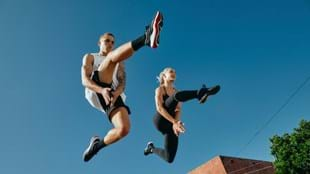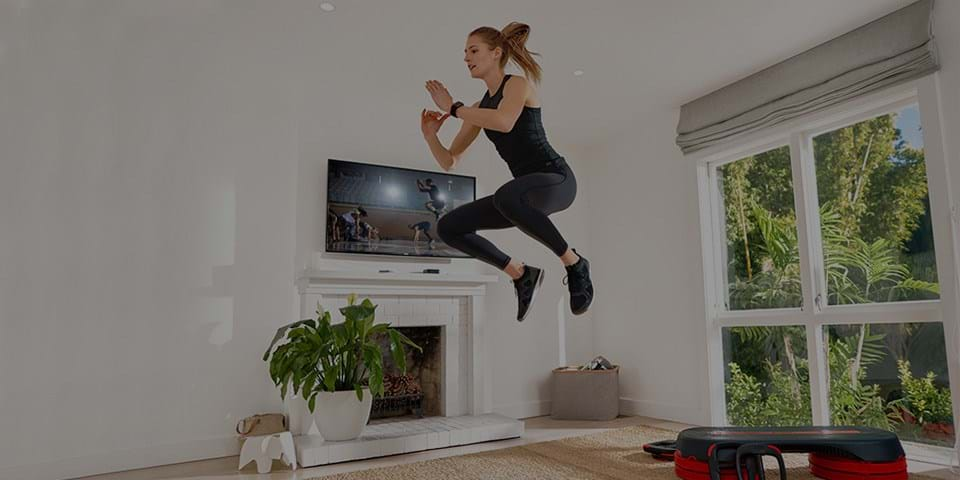Forget hours and hours of outdoor endurance training, take a bath instead
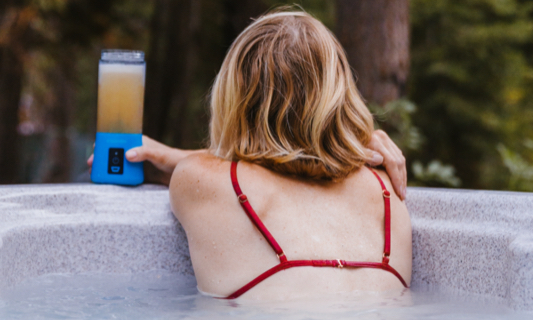
Good news for hikers, runners, cyclists and other endurance athletes who typically spend hours outdoors building their fitness. A new ACE-sponsored study suggests you can build endurance without leaving your house. The study of 30 participants examined the effects of post-exercise heating on the three common markers of exercise endurance – VO2max, lactate threshold, and exercise economy. Over three weeks, participants completed a standardized training program, with the two non-control groups adding passive heat recovery after exercise. One group spent 30 minutes in a full-body sauna suit, the other sat in a hot tub for 30 minutes. After three weeks, those who engaged in post-workout heating saw improvements to VO2max and lactate threshold. Those who did the hot water immersion also benefited from an increase in running economy. Lead researcher Lance Dalleck says this indicates that exercisers can augment their training without adding volume or intensity. It could be a valid option for driving performance gains without increasing the risk of overtraining or injury. Learn more about how post-workout heating can affect endurance performance.
The truth about whether exercise can hinder immunity
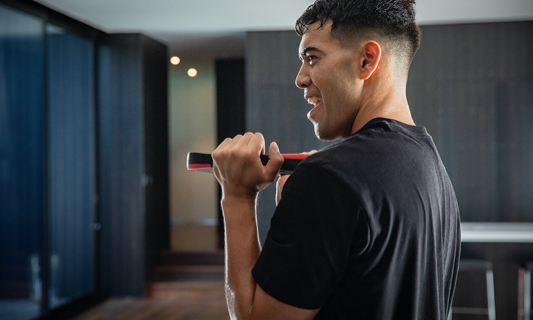
Some hold the belief that intense exercise can suppress immune function and therefore increase the risk of infection in the hours following exercise. But leading physiologists from the University of Bath say there is no scientific evidence to prove this. In a new analysis of the effects of exercise on immunity, researchers have found more evidence that in the short term, exercise helps your immune system to find and deal with pathogens. In the long term, regular exercise slows age-related immune system changes and therefore reduces the risk of infection. As we deal with the impact of COVID-19, lead researcher Dr. Turner says people should not overlook the importance of staying fit, active and healthy. “Provided it is carried out in isolation – away from others – then regular, daily exercise will help better maintain the way the immune system works – not suppress it.” Learn more about the immune system enhancing benefits of exercise here.
What’s the best diet for ditching isolation-induced weight gain?

If ‘Iso life’ has seen you snacking up a storm you may be considering a diet to shed some unwanted weight. But which one? Researcher Gordon Guyatt at McMaster University in Canada, says “It really doesn’t matter which diet you use, you should pick the diet most appealing to you. The biggest challenge you’ll face is to maintain the diet.” Guyatt recently assessed the effects of 14 popular branded diets with 121 randomized clinical trials involving 22,000 volunteers. After six months, volunteers across the board had lost an average of four kilograms and improved blood pressure and cholesterol. Those following the Atkins diet lost the most weight, and those following the Mediterranean diet had the most significant improvements in cholesterol levels. But 12 months down the track, regardless of the diet they were following, most had regained any weight they’d lost. This study highlights how the differences between diets are minimal and suggests that if you want long-term results sustainable small changes are better than a rigid diet overhaul. Learn more savvy diet advice here.
Nature walks boost your mental health … and the health of our planet
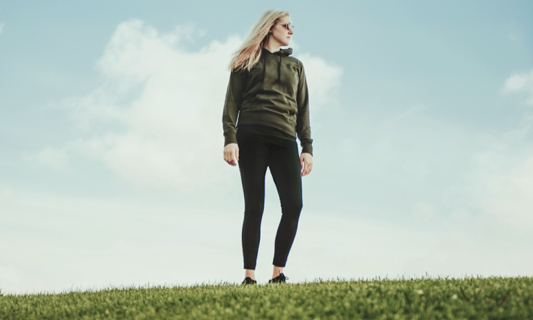
Can’t get to the gym? Now could be the perfect time to spark a new relationship with nature – in isolation of course! We know from past research that spending time in a green outdoor space is linked to feeling healthier and happier, and two hours a week is all it takes. Now, a new study of 24,000 adults in England shows a link between more time spent in nature and a greater appreciation for the environment – and increased likelihood of pro-environmental behavior such as recycling, making eco-friendly purchases and belonging to green groups. More good news, if you can’t venture outdoors at all you can still enjoy nature’s rewards. It seems that embracing ‘virtual nature' by viewing photographs, videos, and audio recordings can have a similar, though less powerful effect.



